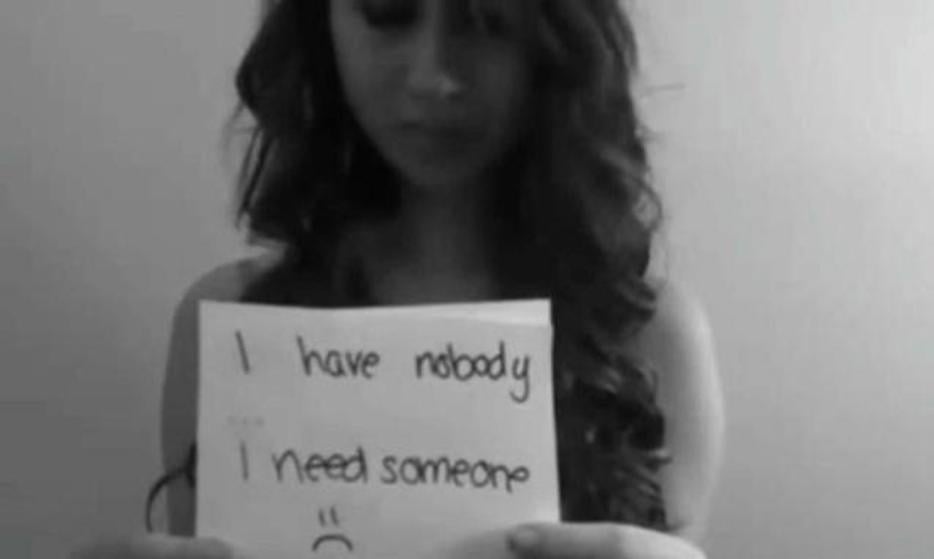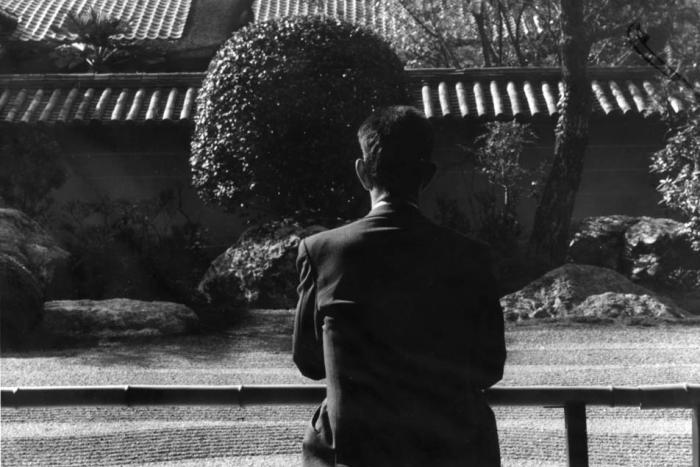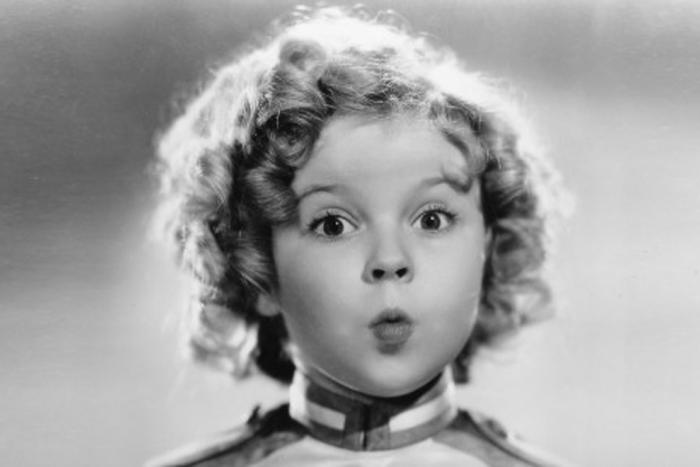Here’s a buzzword I find faintly disconcerting: bullycide. Perhaps you’ve heard it in recent years, in relation to some adolescents who kill themselves after being tormented by peers.
Bullycide has no legal or even literal meaning. Infanticide entails the killing of a baby; matricide points to the murder of a mother. Suicide derives from the Latin word “sui,” or self. With bullycide, it isn’t a bully who dies, and nor—in fact—can the event be characterized as a crime. The whole conceptualization is weirdly elusive.
Damning as hell. Evocative. But elusive. No one knows this better than Emily Bazelon, a journalist who has been reporting on cases of bullying for the online magazine, Slate, where she is a senior editor. A “bullycide,” it turns out, is very difficult to trace backward as a series of actions—a to b to c—wherein a happy kid winds up being bullied to death. There are almost always other factors at play, especially mental health.
Bazelon knows she is working in very fraught territory, given how tragic these cases are. “I’m always the person that’s trying to say ‘wait! This is more complicated,” she told me when she came to Toronto last week to promote her book on the subject, Sticks and Stones: Defeating the Culture of Bullying and Rediscovering the Power of Character and Empathy.
People don’t like complicated. They like simple; they like sound byte. Even her book’s title complicates matters, because she’s not arguing that ours is a bullying culture in general. It is certainly a coarse culture, filled with witless heckling and bellowing radio hosts. But Bazelon has found that true bullying is relatively rare. In American high schools, it involves perhaps ten or 15 per cent of adolescents at any given time, and within that subset there will be a range of resiliencies.
Most kids are fairly decent to one another. They may fight and gossip and “start drama,” as girls put it on Facebook, but that is mostly jockeying for status amongst equals. You’d have to be raised in a Zen monastery not to succumb to the raging competitiveness and outsized gesturing of your teen years. The stricter definition of bullying that Bazelon prefers was devised in the 1970s by Swedish psychologist Dan Olweus: “Verbal or physical harassment that occurs repeatedly over time and involves an imbalance of power.”
The weak kid getting picked on after school every day by someone bigger and stronger. It’s relentless, and it’s a mismatch. Everyone understands that frame for bullying, instantly.
The trouble is that the picture has begun blurring around the edges. Anti-bullying campaigns tend to target all and sundry, as if we can achieve a universe in which everyone, always, is constantly cheerful and nice.
When 22-year-old Canadian tennis player Rebecca Marino quit her sport last week, the headlines pointed to bullies. But where is the meaning in that? Were these “cyber-bullies” who’d been insulting Marino on Twitter more powerful than she was? Were they unavoidable?
“Part of being a public figure is getting criticized,” Bazelon mused, when I brought up the story. “But at least she admitted her underlying mental illness.” That’s often a part of the story that’s left out.
Marino had been depressed. It’s hard to stay at the top of your game when you’re emotionally vulnerable. That doesn’t excuse people from barking like dogs all over the Internet, but it’s illustrative of how loosely we’re conceiving of “bullying.”
When Bazelon took a close look at some well-publicized cases of bullying in American high schools, she found there were almost always…complications to the tale. It was rarely a straightforward case of one kid being driven to despair solely by the actions of more powerful kids. In her book, she details the story of an Irish teenager living temporarily in the U.S. with her mother, who was enrolled in a middle-class public high school.
The fifteen-year-old was attractive and bright, but she was coping with a number of big-ticket challenges, including dislocation from Ireland and from her father. She had been treated for depression, and had attempted suicide. She slept with a couple of boys in the high school, who then turned their backs on her, which could only have made her feel desperately worse. When other girls salted the injury by calling her a slut, she hanged herself.
Bazelon refuses to speculate about which of these factors most critically prompted the suicide, because it’s impossible to know. What she did report on is the instant distillation of the narrative to “bullycide,” a morality tale that swept the town and then the nation, and ultimately resulted in six teenagers being criminally prosecuted for the death. One of them, the girlfriend of one of the boys who slept with this young Irish emigree, was charged entirely on the basis of muttering in gym class: “someone ought to kick her ass.”
What bothered Bazelon immensely was that these teenagers “were being made to take the fall” for a suicide they couldn’t possibly have foreseen. This generated a key question. If kids are unable to anticipate consequences, is there a way that adults can minimize the harm by shifting the culture a bit? That question lead Bazelon to Facebook, where she encountered—ironically—the biggest bully of them all.
In 2011, she had the gall and temerity to fly to Silicon Valley and ask Facebook executives why they were so slow to respond to parent, teacher and student requests to delete abusive posts. Slow as in six months, eight months, possibly never. What she found was a minute complement of young staffers assigned to respond to complaints, a lack of consultation with schools, and a feeble effort to police underage registrants. It astonished Bazelon that a company that plays such a huge, facilitative role in the social dynamics of teenagers would be so lackadaisical about the results.
When she wrote about this for the New York Times magazine, the P.R. folk at Facebook had fits worthy of the Church of Scientology.
“They have clearly decided to become very opaque and controlling about their communication,” Bazelon told me. “I just felt like they were very immature. My piece did not warrant the level of vitriol they threw at me. I mean, I lost a lot of sleep. I felt bullied.”
(Since then, she says Facebook has undertaken a bit more effort, and have started working with psychologists to refine their approach to complaints.)
“I think we can accomplish a culture where its not accepted and shrugged off anymore,” she said. “It’s like shifting the norm on drunk driving. But the hard part of these shifts is that you have to stay on them. It requires effort.” At least a part of that effort involves understanding what bullying is, and what it is not. Whether that can be smoothly achieved in a culture whose main characteristic, at the moment, appears to be shouting remains to be seen.





